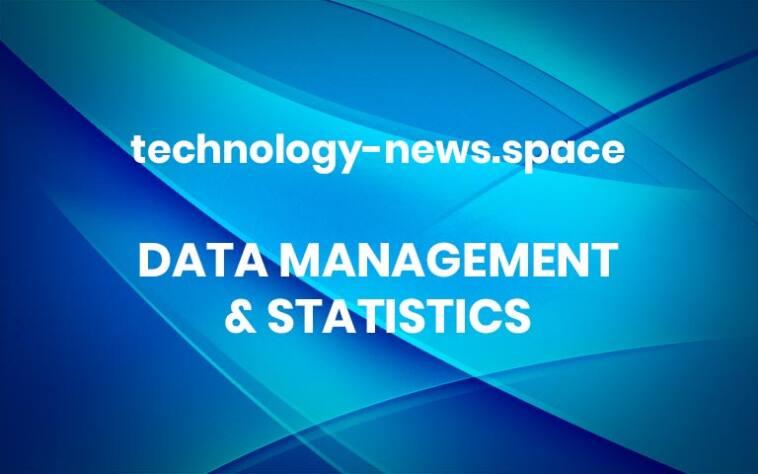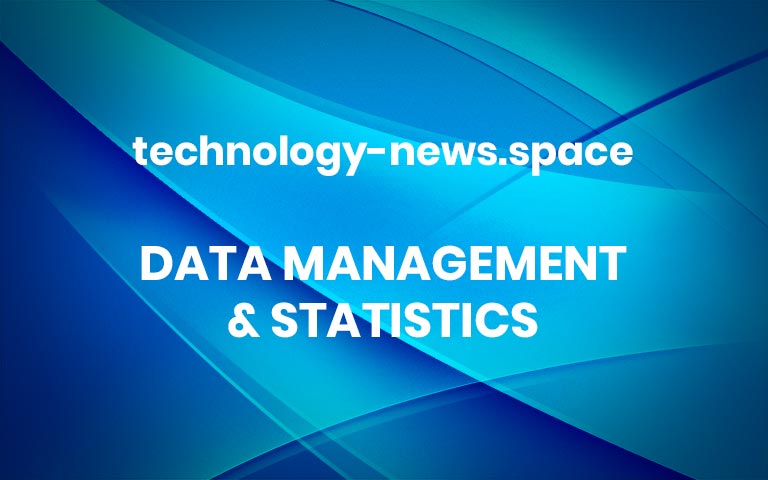Community members receive 2024 MIT Excellence Awards, Collier Medal, and Staff Award for Distinction in Service
On Wednesday, June 5, 13 individuals and four teams were awarded MIT Excellence Awards — the highest awards for staff at the Institute. Colleagues holding signs, waving pompoms, and cheering gathered in Kresge Auditorium to show their support for the honorees. In addition to the Excellence Awards, staff members were honored with the Collier Medal, the Staff Award for Distinction in Service, and the Gordon Y. Billard Award. The Collier Medal honors the memory of Officer Sean Collier, who gave his life protecting and serving MIT; it celebrates an individual or group whose actions demonstrate the importance of community. The Staff Award for Distinction in Service is presented to a staff member whose service results in a positive lasting impact on the Institute.The Gordon Y. Billard Award is given annually to staff, faculty, or an MIT-affiliated individual(s) who has given “special service of outstanding merit performed for the Institute.” This year, for the first time, this award was presented at the MIT Excellence Awards and Collier Medal celebration. The 2024 MIT Excellence Award recipients and their award categories are: Innovative Solutions Nanotechnology Material Core Staff, Koch Institute for Integrative Cancer Research, Office of the Vice President for Research (Margaret Bisher, Giovanni de Nola, David Mankus, and Dong Soo Yun)Bringing Out the Best Salvatore Ieni James Kelsey Lauren PouchakServing Our Community Megan Chester Alessandra Davy-Falconi David Randall Days Weekend Team, Department of Custodial Services, Department of Facilities: Karen Melisa Betancourth, Ana Guerra Chavarria, Yeshi Khando, Joao Pacheco, and Kevin Salazar IMES/HST Academic Office Team, Institute for Medical Engineering and Science, School of Engineering: Traci Anderson, Joseph R. Stein, and Laurie Ward Team Leriche, Department of Custodial Services, Department of Facilities: Anthony Anzalone, David Solomon Carrasco, Larrenton Forrest, Michael Leriche, and Joe VieiraEmbracing Diversity, Equity, and Inclusion Bhaskar Pant Jessica TamOutstanding Contributor Paul W. Barone Marcia G. Davidson Steven Kooi Tianjiao Lei Andrew H. Mack
2024 MIT Excellence Awards + Collier Medal Ceremony
The 2024 Collier Medal recipient was Benjamin B. Lewis, a graduate student in the Institute for Data, Systems and Society in the MIT Schwarzman College of Computing. Last spring, he founded the Cambridge branch of End Overdose, a nonprofit dedicated to reducing drug-related overdose deaths. Through his efforts, more than 600 members of the Greater Boston community, including many at MIT, have been trained to administer lifesaving treatment at critical moments.This year’s recipient of the 2024 Staff Award for Distinction in Service was Diego F. Arango (Department of Custodial Services, Department of Facilities), daytime custodian in Building 46. He was nominated by no fewer than 36 staff, faculty, students, and researchers for creating a positive working environment and for offering “help whenever, wherever, and to whomever needs it.”Three community members were honored with a 2024 Gordon Y. Billard AwardDeborah G. Douglas, senior director of collections and curator of science and technology, MIT MuseumRonald Hasseltine, assistant provost for research administration, Office of the Vice President for ResearchRichard K. Lester, vice provost for international activities and Japan Steel Industry Professor of Nuclear Science and Engineering, School of EngineeringPresenters included President Sally Kornbluth; MIT Chief of Police John DiFava and Deputy Chief Steven DeMarco; Vice President for Human Resources Ramona Allen; Executive Vice President and Treasurer Glen Shor; Provost Cynthia Barnhart; Lincoln Laboratory director Eric Evans; Chancellor Melissa Nobles; and Dean of the School of Engineering Anantha Chandrakasan.Visit the MIT Human Resources website for more information about the award recipients, categories, and to view photos and video of the event. More



